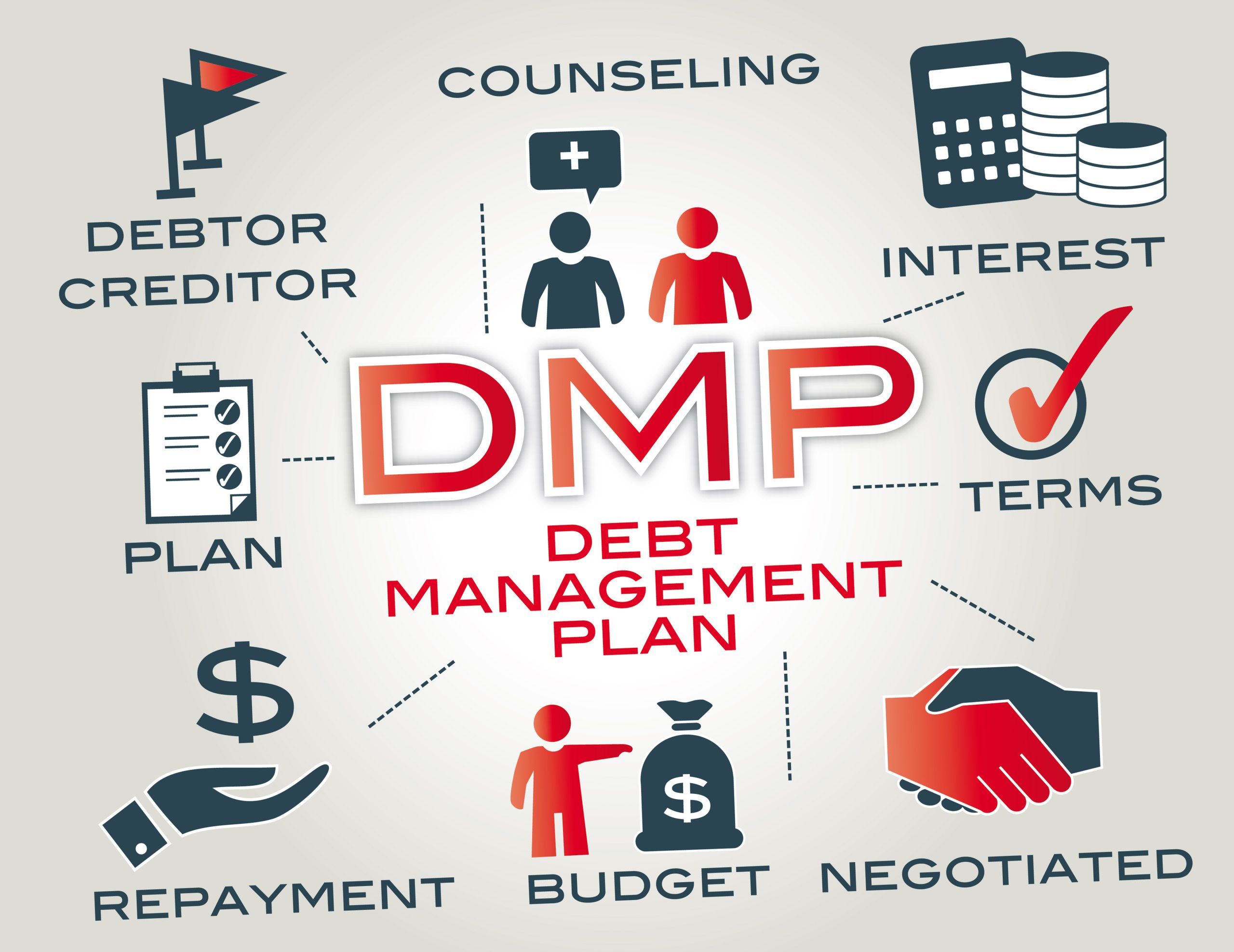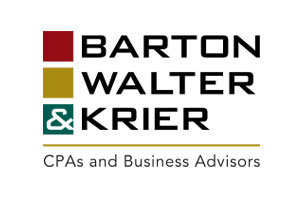5 Investment Strategies for Small Business Owners
December 19, 2023 | admin
As a small business owner, it can be easy to get caught up in your day-to-day affairs without giving a second thought to your long-term goals. After all, each day brings enough work for itself. But taking time right now to invest in your company’s future will pay dividends down the road. In this blog, we’ll share five investment strategies that small business owners can use to grow their company and prepare for the future. Before we begin, there are a few things to keep in mind. First, know your goals. What do you want to accomplish with your company and your finances, and what do you need in order to get there? Do you have a targeted yearly revenue? Is your goal to follow […]
Read MoreDebt Management for Business Owners
November 20, 2023 | Barton Walter and Krier
Some of you may shudder when you hear the word “debt,” but if you’re a business owner, chances are you know that debt is often necessary. And it doesn’t have to be a bad thing. Taking out a business loan is a common and useful tool for funding a business, especially in its early stages. The trick is managing your debt wisely so that it never grows out of control or otherwise hinders your operations. In today’s blog, we’ll explore strategies of debt management for business owners. How Do Businesses Accumulate Debt? Before we examine how to manage debt, we need to understand how and why businesses accumulate debt in the first place. As a business owner, you may use debt financing for a variety […]
Read MoreWhy You Need an Estate Plan (And How an Accountant Can Help)
October 23, 2023 | Barton Walter and Krier
You may have heard of estate planning and figured it wasn’t for you. Maybe you thought you were too young or not wealthy enough to bother. The truth is everyone should have an estate plan. This important set of documents gives you a say in what happens to your possessions after you’re gone and provides other helpful ways to steward your affairs. Continue reading as we explore why an estate plan is so important and how a Certified Public Accountant (CPA) can help with yours. What is an estate? The word “estate” may conjure up images of expansive properties and mansions. But in this case, the word has a much broader meaning. Your estate comprises the sum of your possessions, including everything you own, your […]
Read More

